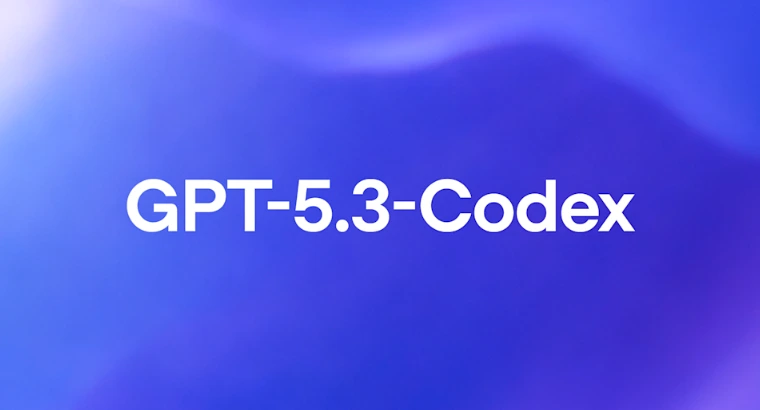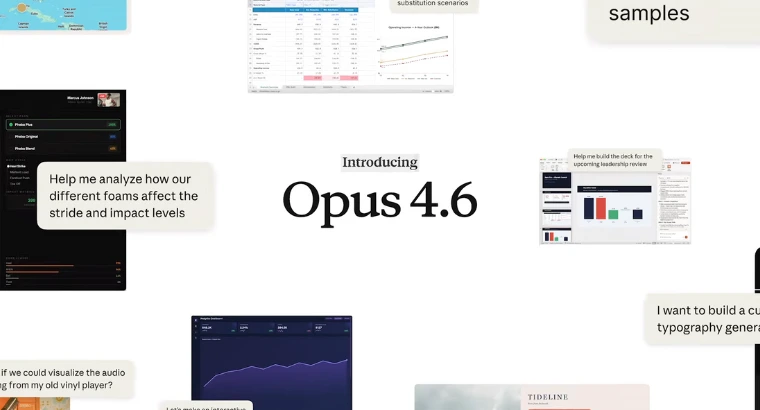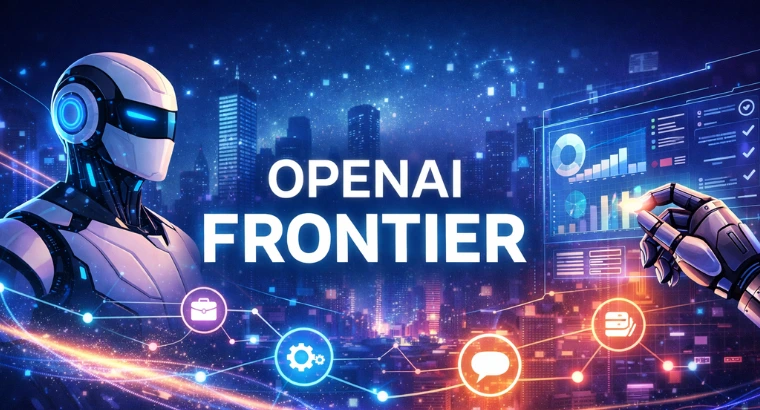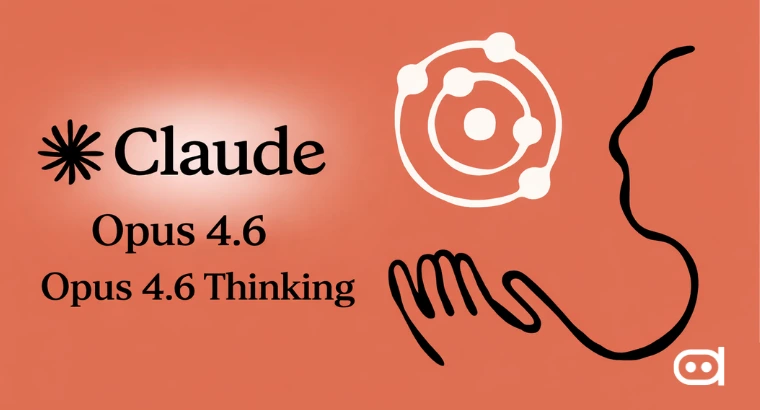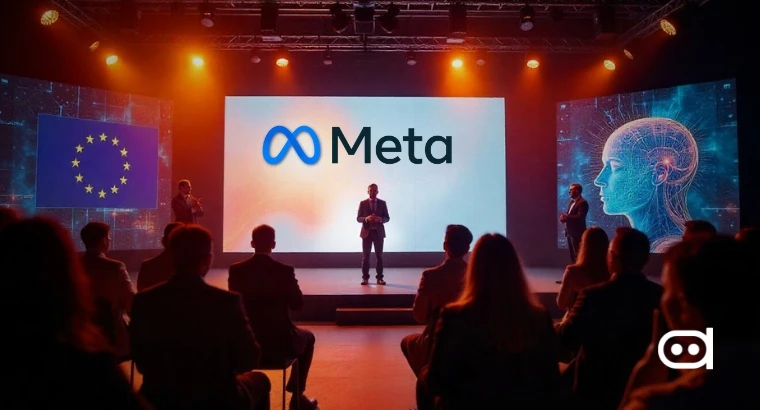
Key Highlights:
- AMRO’s study mentions that countries with higher earnings and budgets may see an earlier impact of AI on jobs.
- However, human staff is expected to continue dominating in tasks where decision making and critical thinking is involved.
- Government agencies are also actively working to implenent AI in city governance, but the impact is not that huge currently.
Artificial intelligence is indeed transforming the IT world, but a new Singapore-backed study suggests that job automation is still far from reality, at least for now. A new research paper published by the ASEAN + 3 Macroeconomic Research Office (AMRO) mentions that Asia is faster in adopting Generative AI in daily workforce. However, the impact of AI on jobs is expected to be on the higher side for high-income economies, while low-income nations may have a smaller effect.
AI is Slowly Rewriting Jobs
The study reveals that AI will first strike on high-earning jobs, especially in those companies who have a the budget to adopt the new technology quickly. From accountants, engineers, to even designers, the integration of AI has been observed to be on the higher side in developed nations. However, AI has not matured to the level where it can completely replace humans. Instead, in its current potential, AI is being used as a helping tool for employees to speed up their work and increase productivity.
However, this also means that staff with redundant jobs face the heat, as AI is able to perform repeated tasks faster than a human, with better efficiency. Entry-level roles and other tasks where domain-level expertise is not required are getting impacted from the first wave of AI. However, for senior level positions where employees have complete understanding of the product or project, AI currently cannot automate it, as it lacks long-context understanding. Tasks where decision making is involved will continue to be dominated by humans, instead of AI, suggests the report.
Also Read: Will AI Replace Data Analysts? What the Future Holds
AI’s Role is Additive, Not Substractive
The study also reveals that many companies and business are finding it difficult to replace a human employee with AI. Instead, businesses are slowly adopting AI to free-up employees to take up other creative tasks with strategic thinking. Although this will be expensive at the start, companies are looking to being a balance between human staff and AI, as the tech matures towards AGI (Artificial General Intelligence).
The AMRO report also mentions that Governments are also actively working to integrate AI to help citizens. In a related example, Anthropic recently partnered with the Iceland Government to introduce AI-powered learning in schools. It is the first instance of a government using AI in its nationwide education syllabus.


